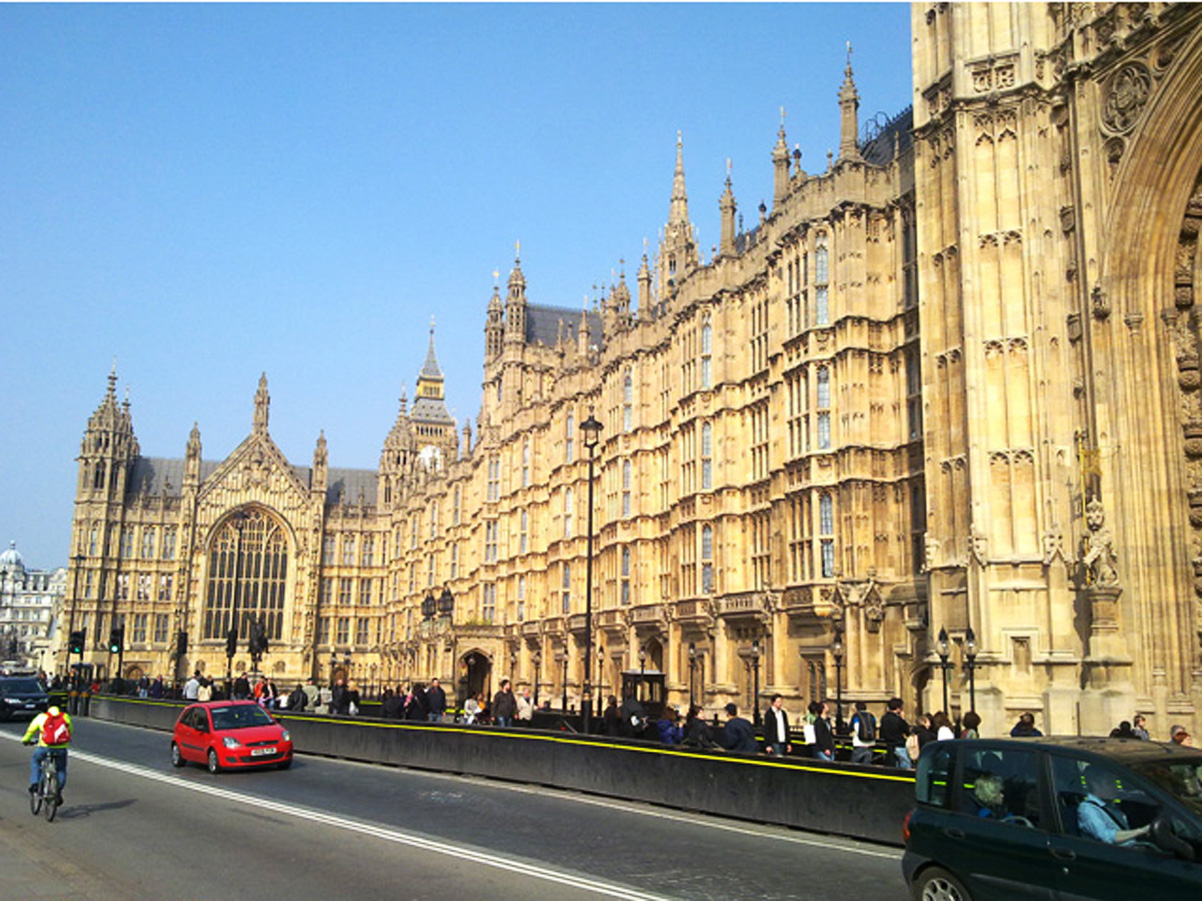Baku, Azerbaijan, July 10
Trend:
The visit of the head of the separatist regime of Nagorno-Karabakh to UK breaches the international law and contradicts the international law obligations of the UK government, the message from the "European Games Baku-2015" Civil Society Coalition of Azerbaijani NGOs said.
The Coalition expressed deep concern over the visit of the head of the separatist regime of Nagorno-Karabakh Bako Sahakyan to Great Britain, where he visited the Parliament of Great Britain, The Royal Institute of International Affairs (Chatham House) and delivered a speech.
The Coalition's message said that it is unacceptable for the Azerbaijani people and the Coalition of Azerbaijani NGOs uniting more than hundred leading non-governmental organizations in the country protests the visit and considers Great Britain's behavior as a double standard in the international policy.
It also expressed concern by the fact that these double standards do not help the resolution of the Armenian-Azerbaijani Nagorno-Karabakh conflict and in no way helps the ongoing negotiation process.
"We believe that the United Kingdom is an influential state; it is one of the cradles of democracy and the European civilization," said the message. "Such a country should not drop a shadow of darkness on its values by employing the double standards."
The Coalition wonders if the Great Britain would give a word to speak to the leaders of the separatist regimes such as Lugansk People's Republic, Donetsk People's Republic, and separatist controlled Southern Ossetia (occupied region of Georgia).
"We seek an answer to this question and we do hope that at least the British embassy in Azerbaijan would provide a reasonable answer to the reasonable question," said the message.
The Coalition added that the visit of the head of the separatist regime of Nagorno-Karabakh has the same effect as would-be visit of the above-called separatist regime leaders.
"We call upon the European and world governments not to use double standards toward the Nagorno-Karabakh conflict," said the message.
The Coalition said that Azerbaijan has done all its efforts to resolve the conflict by peaceful means and by the mediation of the OSCE Minsk Group. However, these double standards do hamper with the finding of the peaceful resolution of the conflict and somehow provides credibility to the separatist regime in the occupied Azerbaijani territory, according to the message.
"Sahakyan is a war criminal. His criminal and separatist policies continue to keep away around one million Azerbaijani internally displaced persons (IDPs) and refugees from returning to their homes, where their ancestors lived for decades of centuries," said the message.
The world should know that the ongoing occupation of Nagorno-Karabakh and the seven surrounding districts continues in defiance of four outstanding UN Security Council resolutions demanding the withdrawal of Armenian forces, said the Coalition.
The Coalition reminded that the Parliamentary Assembly of the Council of Europe (PACE), the Organization of Islamic Co-operation (OIC), and the European Parliament, amongst other bodies, has also condemned the occupation.
The OSCE Minsk Group - chaired by the US, France and Russia - has unsuccessfully sought to establish a negotiated peace for over 20 years and the patience of the Azerbaijani people has come to an end, according to the message.
The conflict between the two South Caucasus countries began in 1988 when Armenia made territorial claims against Azerbaijan. As a result of the ensuing war, in 1992 Armenian armed forces occupied 20 percent of Azerbaijan, including the Nagorno-Karabakh region and seven surrounding districts.
The two countries signed a ceasefire agreement in 1994. The co-chairs of the OSCE Minsk Group, Russia, France and the US are currently holding peace negotiations.
Armenia has not yet implemented the UN Security Council's four resolutions on the liberation of the Nagorno-Karabakh and the surrounding regions.






